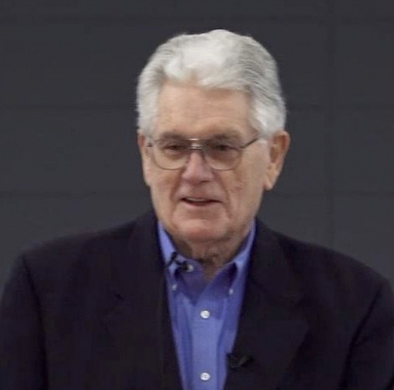HOW TO MEND OUR BROKEN PUBLIC EDUCATION SYSTEM – SOME SOUND SOLUTIONS
(NewsUSA) - Like the title of his book says, the United States education system is in trouble and needs to be fixed!
- Like the title of his book says, the United States education system is in trouble and needs to be fixed!
On the world stage, the U.S. is a middle-of-the-pack performer when it comes to academic performance, says Richard W. Garrett, author of U.S. Education Is in Trouble, Let’s Fix It! 22 Reform Proposals (Rowman & Littlefield). Some of the vital statistics at his disposal are downright scary. “If you knew what I know, you’d be worried too,” he adds.
In this research-laden analysis, Garrett methodically and intricately shares with readers what he does, in fact, know and why the existing situation is so dire – and aims to offer solutions to fix it, with 22 specific resolutions.
The author has been engaged in research on educational reform since 2013. This is his second major literary effort, his other being The Kids Are Smart Enough, So What’s the Problem? A Businessman’s Perspective on Educational Reform and the Teacher Crisis. (2017, Rowman and Littlefield)
 Garrett has created a list of 22 reform proposals. When implemented, they will produce significant improvements. Here, in order, are the top four areas for reform to reverse the decline of our public school system: parenting issues; irresponsible management by school boards and superintendents; runaway discipline problems; and social promotion (promoting children to the next grade without having them meet the necessary reading requirements).
Garrett has created a list of 22 reform proposals. When implemented, they will produce significant improvements. Here, in order, are the top four areas for reform to reverse the decline of our public school system: parenting issues; irresponsible management by school boards and superintendents; runaway discipline problems; and social promotion (promoting children to the next grade without having them meet the necessary reading requirements).
“Lack of discipline and lack of respect are destroying our education system,” writes Garrett. “It drives teachers out of teaching and makes new candidates afraid to enter the field.” This, along with accelerating resignations, has produced a significant teacher shortage.
Then there’s the matter of boosting a child’s self-esteem – a noble goal but one that Garrett says has been mishandled. Everyone “gets a trophy” and brings home top grades – an artificial reward system not based on achievement. And it masks the real situation, making it harder to fix. What are the consequences for poor work or failure?
Garrett takes a very granular approach to his topic, going into detail about the state of our nation when it comes to learning, student proficiency statistics, the plight of teachers, breakdown of the current school day, how schools should be organized, the all-important discipline issues, and much more.
His analysis is compelling – and frightening.
Garrett’s work is so complete that even though it is loaded with facts, statistics and graphical representations of trends, with a body of 148 pages, it is a swift read for anyone – parent, teacher, administrator, some students and any concerned citizen – looking to be enlightened on this all-too-crucial subject. It’s hard to dispute Garrett’s arguments, and it’s encouraging to hear his remedies.
In his final chapter, the author lists “22 reform proposals” that can shape but not necessarily fix our broken system. Some of his ideas involve recurring themes while others are out of the box.
Anyone who cares about our youth and cares about our country should add this this title to their must-read list.
“This book is a champion for children who want to learn and for teachers who want to teach,” says Garrett. “The goal is an education system that will educate more children, educate them well, and put the United States in the top tier worldwide.”
Purchase the book at https://bit.ly/3rTE5kW.




